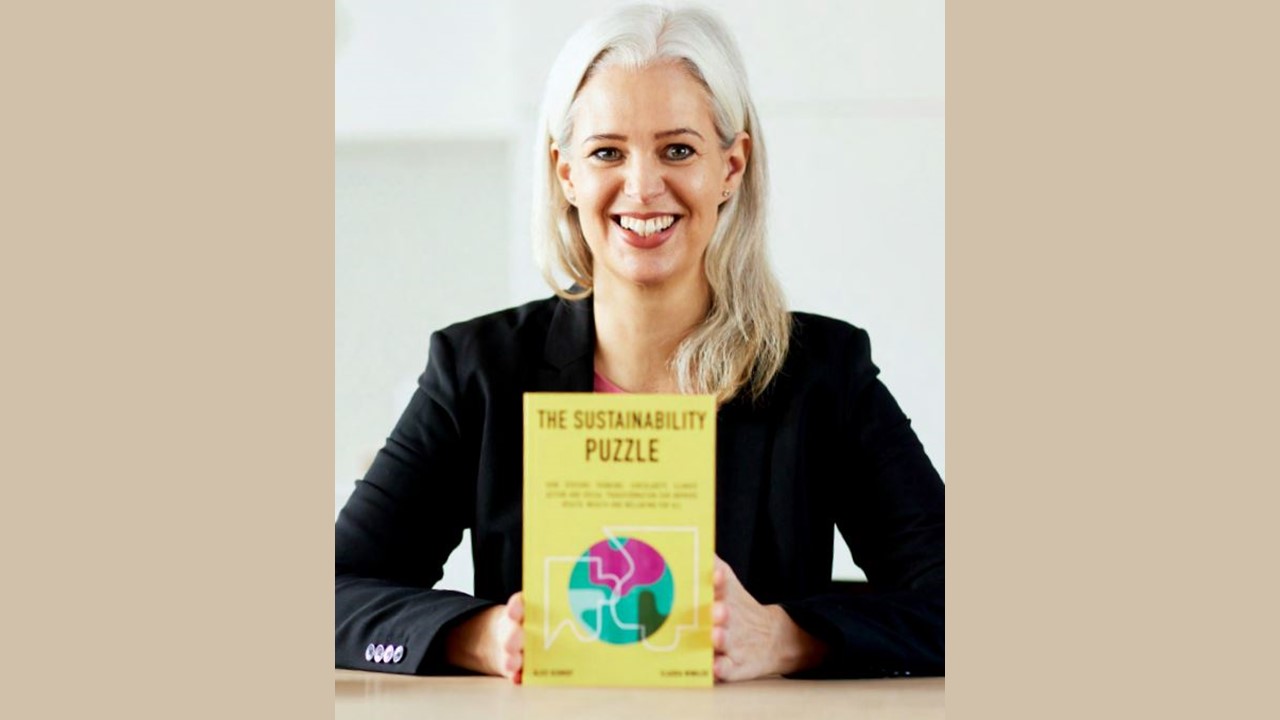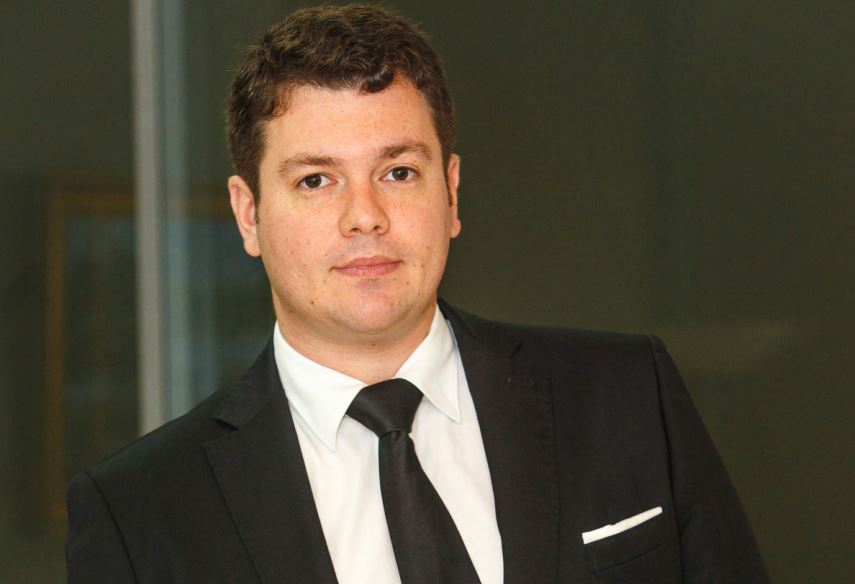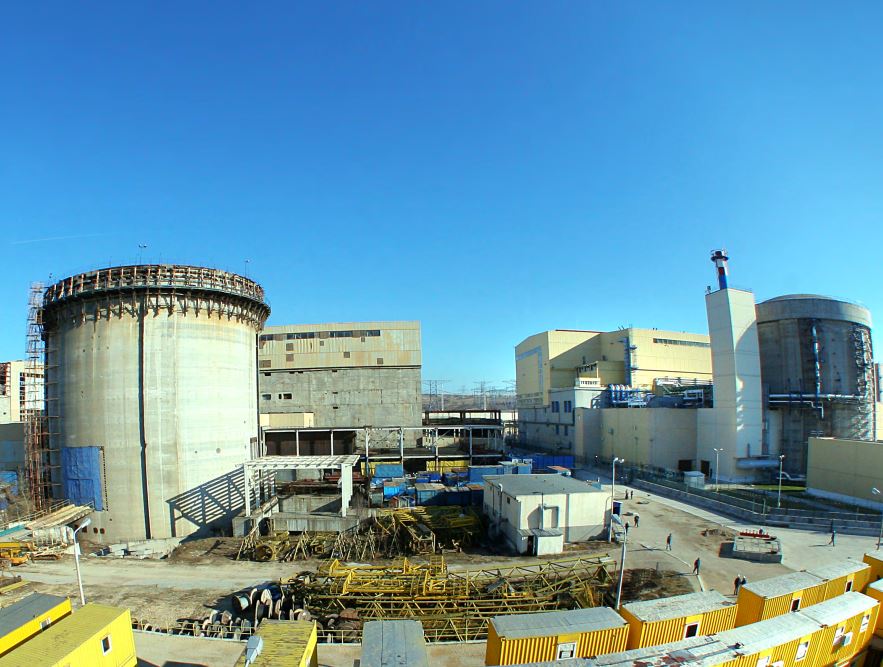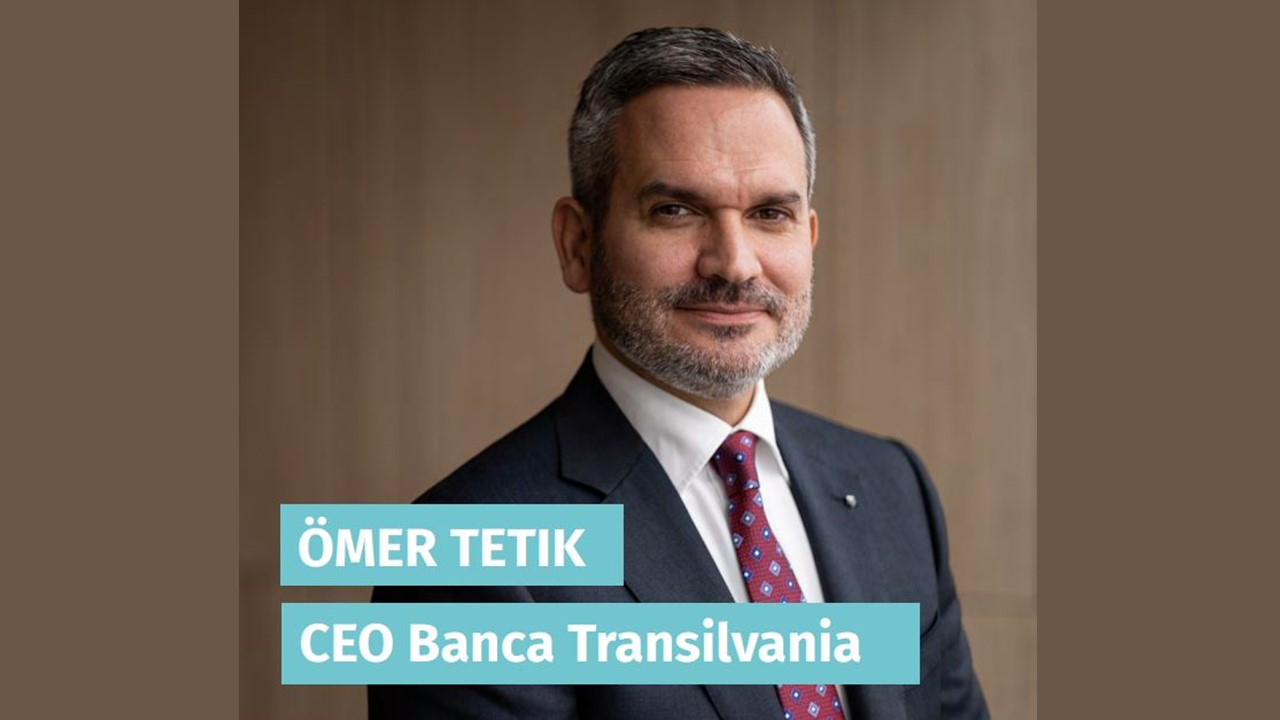More than 100 exhibiting companies showcasing their top portfolio solutions
The third edition of EXPO DIY – Smart Green Home, the largest professional fair in Romania and the region dedicated to DIY, building materials, interior design, garden and home products, with a focus on “green” solutions and products, will take place from 26 to 27 June 2024, at the Polytechnic University of Bucharest.
Launched in 2022, the EXPO DIY 2024 event ensures the continuity of the Smart Green Home concept in its third edition, where it aims to promote and exhibit, on a total area of 3,500 sqm and more than 100 stands, a variety of ecological/green products and solutions that already contribute to a more sustainable future.
“EXPO DIY 2024 – Smart Green Home is an essential opportunity for industry professionals to discover the latest trends and technologies in sustainability and energy efficiency in construction. Through this event, we aim to facilitate connections between exhibitors and visitors, providing a space conducive to exchanging ideas and establishing strong business partnerships. In this way, we are committed to contributing to the industry’s advancement towards a greener and smarter future”, said Claudiu Ciobanu – co-founder Retail FMCG Media, organiser of EXPO DIY 2024 – Smart Green Home.
EXPO DIY 2024 – Smart Green Home is a closed B2B event, visitors are industry professionals only, who fit the following profile: buyers/ category managers from retail (chain stores and online stores), purchasing managers from import and distribution companies, business owners, managers from construction companies, developers of real estate, office and industrial projects, architects and designers.

On the other hand, the exhibitors are manufacturers/suppliers of products from the DIY, Home Improvement & Garden sectors covering categories such as: home & deco, home & garden, DIY, power tools, DIY, hardware, building materials and finishing installations (water, gas, electrical), electrical products, protection and safety equipment, furniture and accessories, household products, smart home solutions etc.
What’s new at DIY EXPO 2024
The EXPO DIY 2024 exhibition offering brings together a variety of renowned companies, each bringing with them innovative solutions for construction, DIY and interior design. For example, Stanley Black & Decker, with an impressive history of over 175 years in the tool industry, will showcase hand and power tools under its top brands, cementing its reputation as a leader in the field. At the same time, Yalco will showcase a diverse range of DIY, home and garden products, highlighting its expertise and focus on customer needs.
Meesenburg is another top exhibitor, a business with a rich history that has expanded its expertise in the building products trade in Romania, offering craftsmen and tradesmen access to their own brand, blaugelb®, recognised for its reliability in window and door assembly. At the same time, ZEBRO focuses on bringing innovative solutions for near-zero consumption buildings, promoting sustainability in construction through their initiatives and platforms.

Rawlplug Romania, which has become a reference name on the local construction market, will present its fastening solutions, building on an impressive history of innovation in the field, and Riviera Works, a 100% Romanian owned company, will be present at the exhibition with its established brands, such as TOTAL or Wolfson, offering a wide range of products for construction and interior design.
Other companies with 100% Romanian capital present at EXPO DIY 2024 include the producer Green Project, active in the production of hobby substrates, fertilizers and natural plant treatments – under the brand Dr.Soil, Golden Fish, which imports and markets a wide portfolio of tools and implements for home, farm, garden and orchard under the umbrella of its own brands: Micul Fermier, Detoolz, Almaz and Micul Pădurar and Procema Perlit, producer of expanded perlite – an excellent ecological thermal insulation used in construction.
Avisol, a brand of Aviputna, brings to the public the 100% natural organic fertiliser, produced by a unique Japanese technology, environmentally friendly and compliant with EU organic production standards. On the other hand, Aleido, a representative of Alternativo.ro, proposes lighting solutions and power generators based on solar energy, bringing together modern design and advanced technology under the umbrella of a Romanian brand connected to the innovations of the future.
This year’s notable exhibitors include the Polish Investment and Trade Agency, which will bring to the fair Polish manufacturers specialising, among other things, in green building solutions and smart homes.
This year’s foreign presence is complemented by other exhibitors from Italy, Austria, France and the Czech Republic.
Exhibitors and visitors can pre-arrange their meetings at the event
A differentiator of EXPO DIY 2024 in the local trade fair and exhibition market landscape is the concept of pre-scheduled business meetings – B2B Meetings – a platform to schedule meetings between buyers and suppliers in advance of the exhibition date, setting up the discussions that will take place during the two-day event.
Thus, the B2B Meetings platform is a very effective tool to start new business at the event, where companies can hold face-to-face meetings in a specially designed space. Moreover, during EXPO DIY, Romanian manufacturers have the opportunity to showcase their products to foreign buyers and consultants, a unique opportunity to enter new markets.
About EXPO DIY – Smart Green Home
EXPO DIY – Smart Green Home is an international B2B event, expo & B2B Meetings type, dedicated to DIY, Home Improvement & Garden product categories, with focus on “green” products and solutions, organized by BricoRetail.ro business publication, part of Retail FMCG Media.














